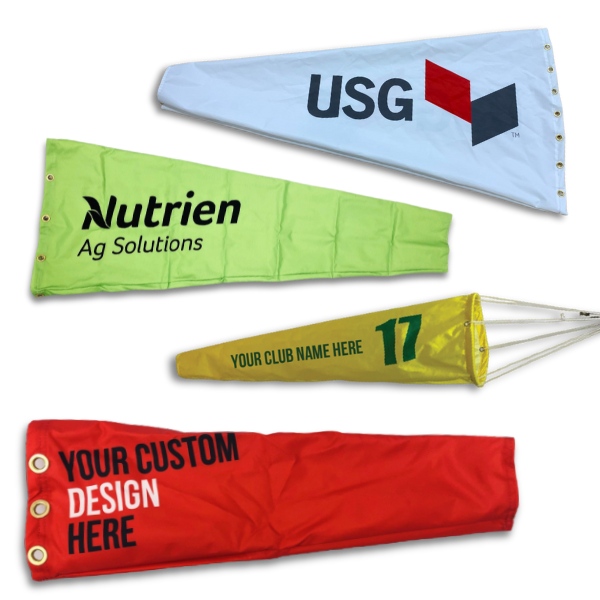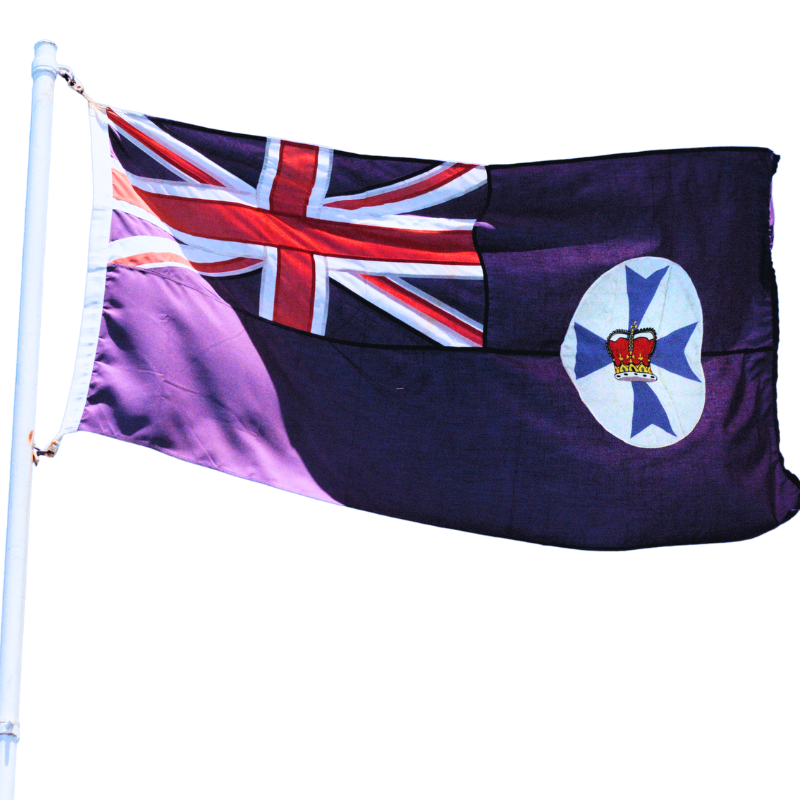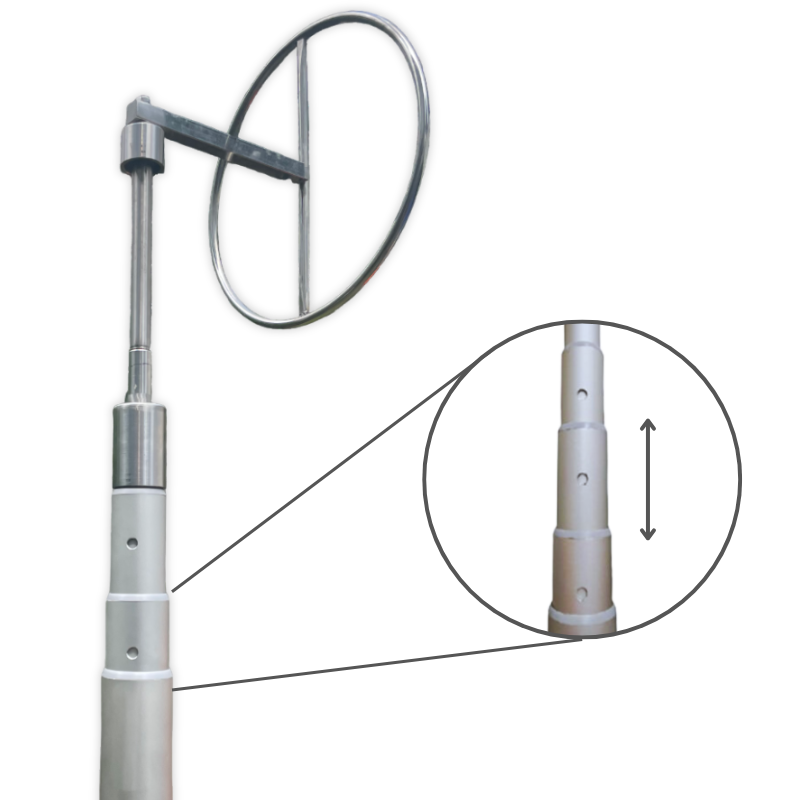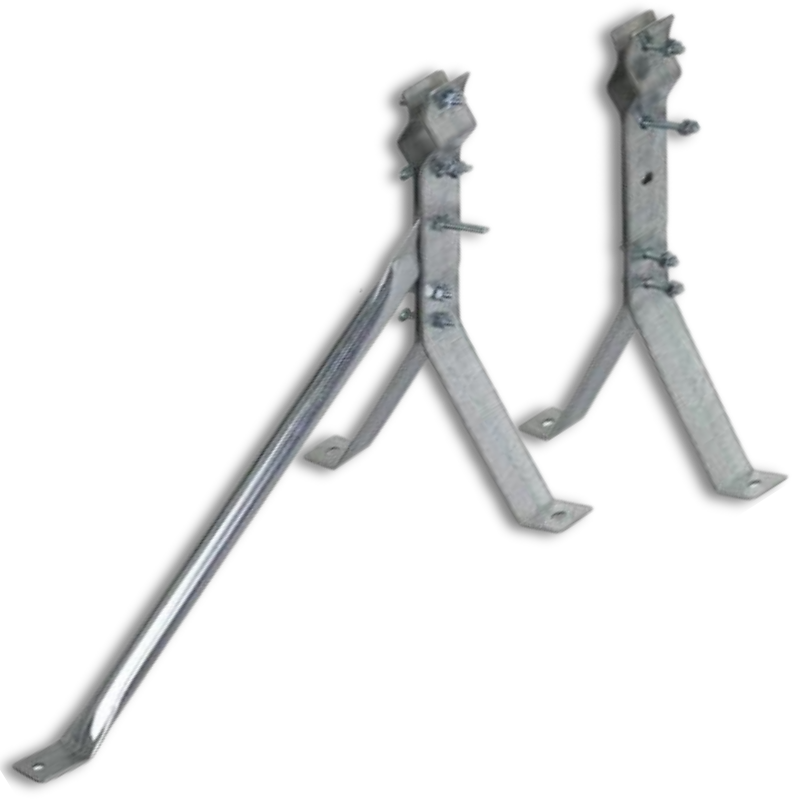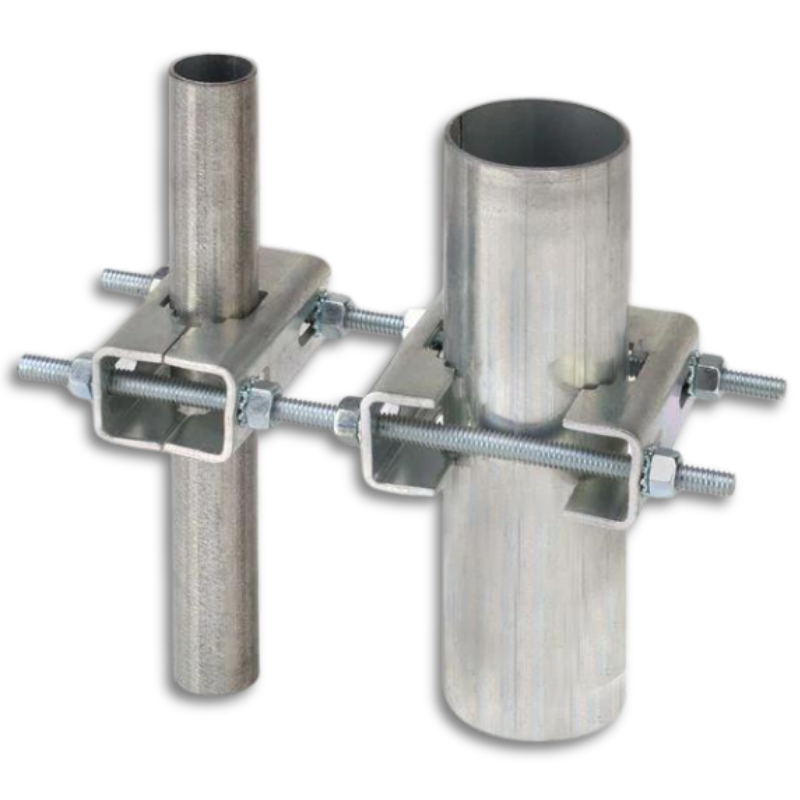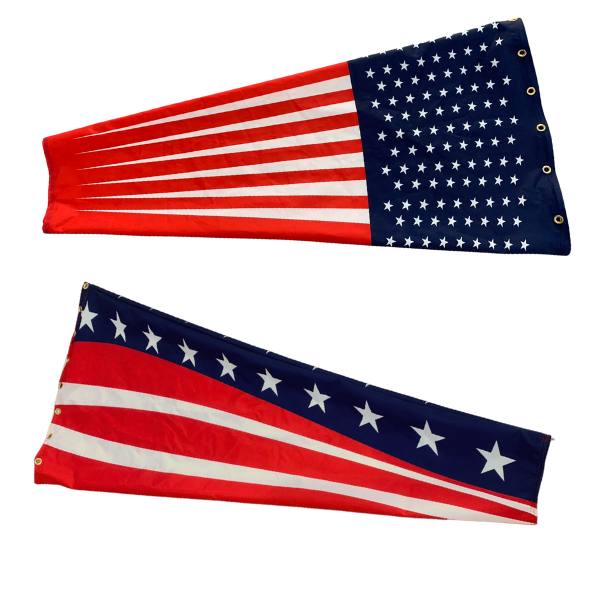How Windspeed and Wind Direction Affect Skydiving
(And Why It’s Not Just About a Sunny Day)
Skydiving is one of those things that seems completely mad to some people—my mum, for one, swore I’d never do it while she was alive and breathing! But the truth is, with proper planning and the right weather conditions, skydiving is incredibly safe.
The real risk? Unpredictable weather—especially wind.
It’s quite common for skydives to be delayed or cancelled due to wind, even when the skies look blue and clear. That’s because it’s not just what you see up high that matters—it’s what’s happening in the air all around you, from surface level to altitude.
Why Wind Matters So Much
Wind direction, speed, and turbulence all play a critical role in the safety and success of a jump. Wind can shift mid-dive, swirl around terrain, or create dangerous down-drafts.
When wind travels over buildings, mountains, or trees, it forms turbulent vortices. This turbulence is no joke—if a skydiver gets caught in a downward current, it can force them to the ground faster than intended, risking serious injury or worse.
Even when wind speeds are under the day’s safety limit, if wind is known to be funnelling over tricky terrain, dive centres may set stricter limits or cancel jumps altogether.
Parachutes and Wind: A Delicate Balance
Most modern sport parachutes (especially the square canopy type) allow for about 32 mph of forward speed. That gives the skydiver decent manoeuvrability.
-
In still air, that means you can fly roughly 20 mph in any direction.
-
In wind, however, that speed is either slowed down or boosted depending on direction.
That’s why the landing zone has to be calculated with the wind in mind. A gust at the wrong moment can push a diver off-course, even if they’ve done everything right.
Spotting: Reading the Wind from the Air
Skydivers are trained to use a technique called spotting—basically, picking the best spot to exit the aircraft so the wind helps, not hinders, the path to the landing zone.
Windsocks are a simple but incredibly effective tool for spotting and for gauging surface winds near the drop zone. They’re a visual cue skydivers use to figure out if the conditions are ideal—or risky.
So, How Do You Know If It’s Too Windy to Jump?
Here are the most common tools and methods used at Aussie skydive centres:
🌀 Anemometer
A small handheld device that measures windspeed and gusts in real-time. Most drop zones will have one on-site to track conditions before each jump.
🛰 AWIS (Automated Weather Information Service)
Airports and regional airfields broadcast up-to-date weather info including windspeed, direction, and cloud cover. Always check this before gearing up.
🧠 Experience
You can’t beat the school of hard knocks. Experienced instructors know the local conditions, how terrain affects wind patterns, and whether the air feels "off". If they say it’s a no-go, listen.
🎏 Windsocks
They’re not just for show! A windsock tells you the
direction and a rough estimate of
speed, based on how full the sock is and which way it’s pointing.
👉
Read this article to learn how to read a windsock properly
Looking for a Custom Windsock for Your Drop Zone?
We work with skydive centres and instructors all across Australia—whether you’re in the Top End or on the Mornington Peninsula.
-
Durable, UV-resistant materials
-
Custom sizes and colours
-
Add your logo or sponsor branding
-
Volume pricing available
Whether you're running regular jumps or special events, our skydiving windsocks are a simple but essential piece of kit.
Let’s Talk!
📧
Email
info@custom-windsocks.com
🌐 Or visit
custom-windsocks.com/en-au to upload your artwork and order online.
We’ll make sure your jump zone is properly equipped and looking top-notch.
Stay safe, fly smart—and enjoy the view.
—
The Custom Windsock Co.
Photo by Kamil Pietrzak on Unsplash

